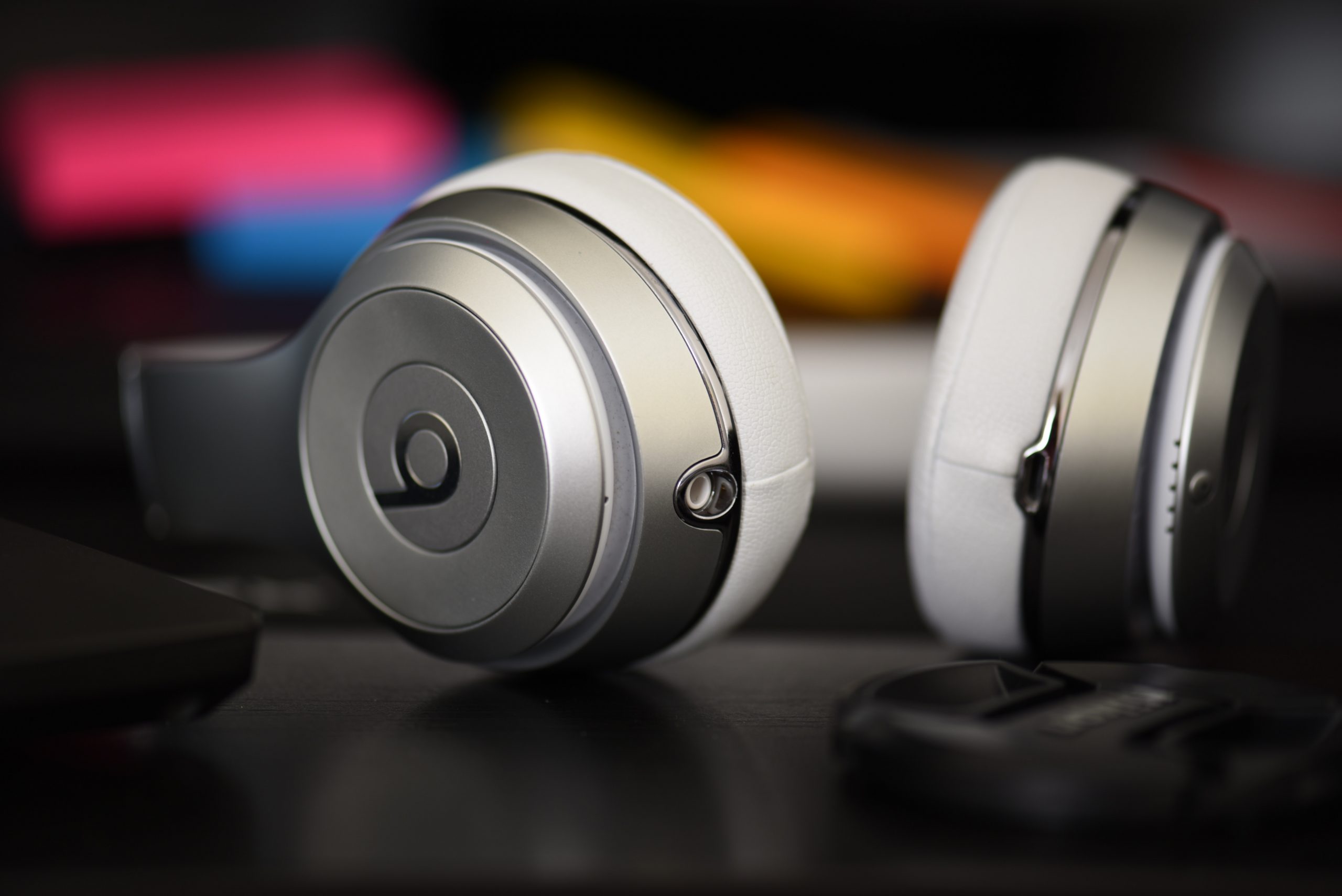Processor Speed
Choosing a laptop? Processor speed is key! It’s measured in GHz, which shows how fast your laptop is and how quickly it processes things. To make the best decision when buying one, know your processor speed. Learn which is best for you. Then, you’ll be more informed.
Understand Ghz
Ghz (pronounced “gee-hartz”) is a measure of computing speed. It means 1 billion calculations per second. When buying a laptop, it’s important to remember they are made for mobility. So, if you don’t need maximum performance, less Ghz and a similar price point can make more sense.
- If you plan to do basic tasks, less processor speed is enough.
- However, faster processors come with higher prices. So, consider your usage needs before making a purchase decision.
Consider the type of processor
When selecting a processor, look at the type like Intel Core™ i3, i5, or i7. Generally, the higher the Intel Core number, the stronger and faster your laptop will be. Additionally, factor in processor speed (measured in GHz) and caching capabilities for optimal computer performance.
Processor speeds range from 1.6GHz to 4GHz. Though, 8-core processors at 4GHz give much better performance than single- and dual-core processors at higher clock rates. This is why Intel processors like the quad core i7-8705G are top-of-the-line.
Onboard memory or RAM matters too. Too little memory affects processor power. 8GB is recommended for most, 16GB for heavy computing tasks like video editing and gaming.
Battery life and cooling systems should be considered as well. They help maximize performance, while avoiding overheating and battery drain from high processing workloads.
Other Factors
Choosing a laptop? Gigahertz isn’t all. Battery life, RAM, storage size – these are just as important! If you need a laptop for everyday use, battery life matters more than processor speed.
Let’s look at other factors to find the perfect laptop for you:
Consider RAM
RAM, or random access memory, is essential when you buy a laptop. It affects the speed at which you can get things done. The more RAM your laptop has, the faster tasks and applications are loaded.
Most laptops come with basic hard drive memory ranging from 2GB to 8GB. If you do light computing, 4GB is enough. But, if you do more than one activity like downloading large files or running demanding programs, you should upgrade to 8GB or higher.
For serious power, 16GB or 32GB of RAM is ideal. Some laptops don’t come with 16 or 32GB of RAM, so you may need to upgrade it for an extra cost. Check the laptop’s specifications carefully if power and storage are important for your needs.
Consider storage
Storage is important when you shop for a laptop. There are two options: Solid State Drive (SSD) or Hard Disk Drive (HDD).
- SSDs are faster and more reliable. They have fewer moving parts, making them less likely to be damaged. SSDs also offer quicker boot ups and better energy efficiency than HDDs. But, they cost more and offer less space.
- HDDs are cheaper and offer large storage capacities. They don’t perform as well as SSDs, but give you more storage for less money.
Our rule of thumb is: you can’t have too much storage!
Consider graphics card
Graphics card is a must-have when picking a laptop. It displays 3D and 2D graphics, videos, and gaming.
The RAM depends on laptop usage – the more, the better. Most laptops have 4GB RAM. Some high-end models have up to 16GB or more.
Three types of graphics exist: integrated, dedicated (with shared memory), and hybrid (integrated + discreet). Dedicated GPUs are better for gaming/video processing. Check specs before buying. Higher Ghz processors only matter if laptop has good cooling – essential for smooth running.
Processor Speed and Laptop Usage
Choosing the perfect laptop? Consider the types of processors! GHz is the processor clock speed and it affects the performance. Let’s break it down and see how it impacts laptop usage.
Light use: 2.5 Ghz or less
A processor speed of 2.5 Ghz is enough for light laptop use like browsing the web or word processing. If you own a regular or low-end laptop, this is especially true. You can use it to stream music, watch movies, and load web pages.
Getting a processor that runs faster than 2.5Ghz is not necessary unless you plan to run intensive software. This includes video editing, gaming, and photo editing. It may also help with multitasking, virtualization, and machine learning development.
The processor speed you select depends on the quality of components in your laptop. Higher Ghz processors often come with high-end RAMs and GPUs. These are essential for running demanding applications on your laptop.
Moderate use: 2.5 Ghz to 3 Ghz
For everyday tasks such as web browsing and word processing, a processor speed of 2.5 to 3 Ghz should suffice. This may vary according to the type of task, and the amount of RAM your laptop has. If you have at least 4GB of RAM, then a processor in this range should be enough to do casual office work, video streaming, etc. You’ll get better performance if the processor is on the higher end (3Ghz).
For heavier work like multitasking or photo/video editing, you may want to look for a laptop with a higher clock speed between 3-4Ghz or more. Laptops with processors in this range provide better performance, but are more expensive. So, consider the importance of faster speeds vs affordability before making your purchase:
- Higher clock speed (3-4Ghz or more)
- Better performance
- More expensive
Heavy use: 3 Ghz or more
Choose a laptop with a processor of 3GHz or higher if you require it for heavy usage, such as gaming, video editing or other intensive activities. The more GHz in the processor, the faster your computer will be. High-end processors can have speeds up to 4 GHz and beyond.
Look for features like virtualization technology, cache memory size and type (Level 2 Cache may be better than level 1) plus Intel Hyper-Threading Technology. Bigger RAM sizes can help boost performance when using high-end applications or doing complex tasks like video editing and graphics work.
Other Considerations
Ghz is important, but there’s more to consider when buying a laptop. RAM, storage, display, and battery life should be taken into account. Finding the right balance between Ghz and these features is essential for a good computing experience.
Let’s look at the other components of the laptop which can influence performance:
Battery life
Laptop battery life is a key factor when selecting a laptop. Typically, the more powerful the components, the less battery life you’ll get. A good guideline is to check how much power a 2GHz processor uses when running at full speed. This is usually enough for basic web surfing and video streaming. However, if you’ll be using your laptop for more intensive tasks like photo or video editing and gaming, you may need more than 2GHz of power.
To get an exact idea of how long the battery will last on one charge, use a benchmark program that measures processor performance over time. When you factor in battery life along with other factors such as size and cost, it’s vital to do research to find a laptop model that meets all your needs.
Portability
When selecting a laptop, think of your needs. The Ghz depends on the use, budget, and portability. Portability is key if you want a laptop. Battery life, size, and weight matter. Intel® ULV or Intel®Bz can provide sufficient speed with an SSD.
Smaller laptops have lower power consumption for more battery life and a smaller form. Laptops under three pounds make excellent portable workstations. Some ultra-lightweight models are under two pounds due to graphics chipsets and energy-efficient processors.
Small laptops can have less connectivity due to space constraints. Yet, some manufacturers offer HDMI ports in slim laptop designs that support up to 4K UHD (3840 x 2160). Most notebooks come with USB type C ports that support both charging and data transfer speeds of up to 5GB/s. This is ideal for connecting external storage drives or docking stations.
Price
The processor is key to a laptop’s performance. But, price matters too. It’s easy to get tempted by flashy laptops with top-speed processors. But, be aware that it could be expensive. Think of your needs and pick wisely.
The cost of laptops can depend on the maker and where you buy it. Some makers offer cost-friendly laptops. Others have mid-priced laptops tailored for certain markets. Before buying, look at reviews to get the best value for your money.
Frequently Asked Questions
Q1: What is a good GHz for a laptop?
A1: Generally, laptops with an Intel Core i5 processor or higher will have a processor clock speed of 2.0 GHz or higher. A processor clock speed of 2.5 GHz or higher is recommended for most users.
Q2: Is a 4GHz laptop processor good?
A2: Yes, a 4GHz laptop processor is good. It is more than enough for most users, whether they are running media-intensive tasks such as gaming or basic tasks such as web browsing.
Q3: What is the maximum GHz for a laptop?
A3: The maximum GHz for a laptop is currently around 5.0 GHz. This is the highest clock speed available in Intel’s Core i9 processor, which is the most powerful laptop processor currently on the market.
{ “@context”: “https://schema.org”, “@type”: “FAQPage”, “mainEntity”: [{ “@type”: “Question”, “name”: “What is a good GHz for a laptop?”, “acceptedAnswer”: { “@type”: “Answer”, “text”: “Generally, laptops with an Intel Core i5 processor or higher will have a processor clock speed of 2.0 GHz or higher. A processor clock speed of 2.5 GHz or higher is recommended for most users.” } }, { “@type”: “Question”, “name”: “Is a 4GHz laptop processor good?”, “acceptedAnswer”: { “@type”: “Answer”, “text”: “Yes, a 4GHz laptop processor is good. It is more than enough for most users, whether they are running media-intensive tasks such as gaming or basic tasks such as web browsing.” } }, { “@type”: “Question”, “name”: “What is the maximum GHz for a laptop?”, “acceptedAnswer”: { “@type”: “Answer”, “text”: “The maximum GHz for a laptop is currently around 5.0 GHz. This is the highest clock speed available in Intel’s Core i9 processor, which is the most powerful laptop processor currently on the market.” } }]}







